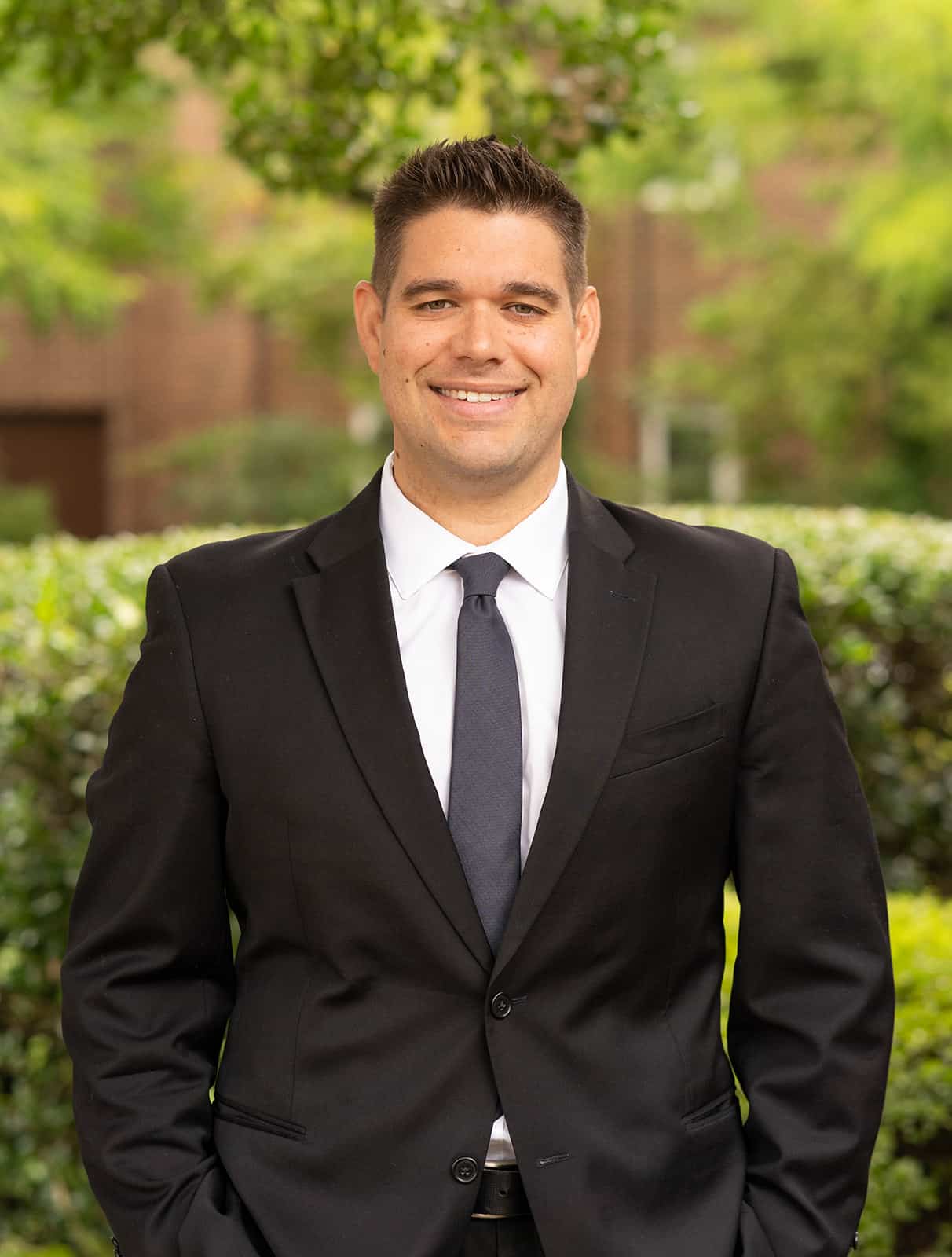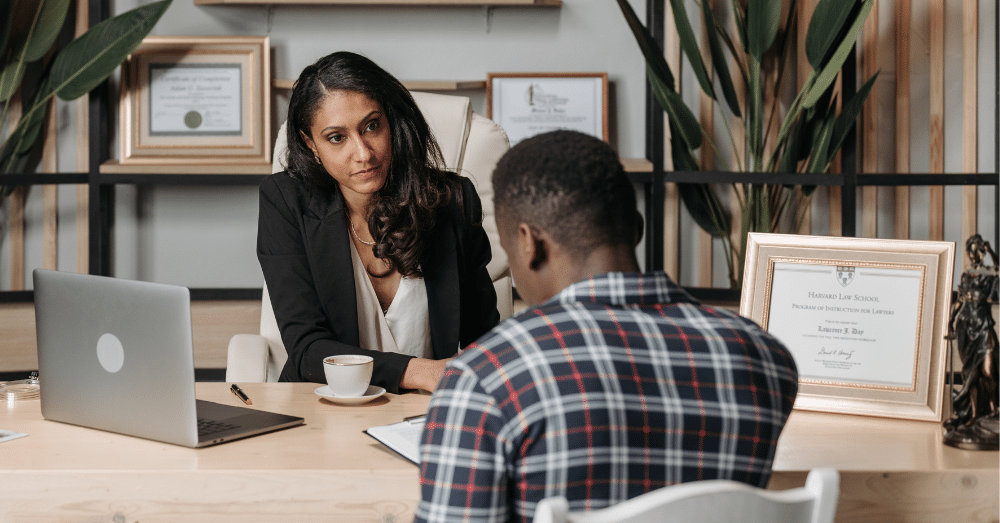“Privilege” is a legal concept that often comes up in all types of legal matters, especially in the context of litigation. Privilege impacts what communications can be compelled to be disclosed in discovery or a court proceeding. A part of evidentiary law, privileged subject matters are strictly protected from compelled disclosure, whether in pre-litigation preparation (such as discovery) or in court at trial (for instance, during one person’s testimony on the stand). Not only that, but privileged information cannot even be inquired into by the opposing side during the pre-litigation process or in court. To put it simply, if some information or other evidence is deemed “privileged”, that means you have the right to refuse to disclose that information.
Some privileges are better known than others, for example, the Fifth Amendment privilege against self-incrimination or your right to refuse to testify against your spouse in certain contexts (called the “spousal privilege”). However, privilege also applies to the following relationships:
- Attorney-client privilege
- Doctor-patient privilege
- Psychotherapist-patient privilege; and
- Clergy-communicant privilege
Like most legal issues, there are certain exceptions and nuances to many of the concepts regarding privileges discussed here and which simply cannot be explained in-depth in this short article. However, the intent of this blog post is to give the reader a basic understanding of attorney-client privilege, specifically, and how it can impact your family law matter.
Attorney-Client Privilege
This privilege protects you and your attorney from having to answer questions like, “What advice did your attorney give you?”, “What did your client tell you during your meeting with him?” The idea/public policy for this is that clients must be able to talk openly and candidly with their legal representative/attorneys in order to obtain the best possible legal advice for their unique situation, without being afraid those words and other information disclosed in such a context will be used against them later. The privilege itself is nearly absolute if a client refuses to waive the privilege; however, remember that just because the content of these communications is privileged, that does not mean an attorney can simply pretend the communication never happened.
Attorneys are ethically bound, by law in their respective states of licensure, to tell the truth both in and out of the courtroom. Courts can sanction or even disbar attorneys for lying to the court or opposing counsel during a legal proceeding, or in the context of one. So, just because communications between you and your attorney are technically privileged, that does not mean that those communications will have no bearing on some future action.
This privilege can be tested in many ways. For example:
What happens if I tell an attorney something, but have not yet established a clear “attorney-client relationship”?
Imagine, you meet a person at a bar and learn they are an attorney. Over a few drinks, you proceed to discuss your case/legal conundrum at length and in lots of detail, hoping to get some free legal advice out of them, if not just using it as a venting opportunity. Would this information communicated to the attorney be privileged? Probably not. The best advice here is to not discuss your case in a situation like that until you have established that both parties intend to enter into a formal, contractually based, attorney-client relationship that carries with it all the requisite rights and responsibilities of both client and attorney, including the attorney-client privilege.
What if I say something both to my attorney and another person, or if I communicate what my attorney said to another person?
The simple answer is that whatever you said to the other person is not privileged. It does not become privileged simply because you also said it to your attorney, or because your attorney said it to you. So, let’s say your attorney gave you very specific legal advice in your last meeting with her and you’re relaying that advice to your best friend when you go out for coffee with her the next day. Even if you’re reciting your lawyer’s words to you word-for-word, verbatim, when telling your friend over coffee, that communication to her is NOT privileged. Keep that in mind when you are discussing your case with other important people in your life (or strangers who could overhear such conversations, for that matter) any one of these people can be subpoenaed to appear in court to testify about their conversations with you. This includes both written and electronic communications, too. From a legal perspective, it is best to keep any information about the merits of your case solely between you and your attorney.
What if I say something to my attorney, but the message is overhead or received by someone else?
It depends on how the communication happened. Did the speaker/sender have any way of knowing that the message was overheard or received (or could very likely be received) by another? For example, was it an email sent to the wrong person by mistake, or was the third party included intentionally? Put simply, it depends on your expectation of privacy when the statement was made. If you are yelling across a crowded bar to your attorney, then the privilege is very likely gone. If the details of the communication were obtained through illegal means, e.g., by hacking or illegal recording, then privilege is almost certainly preserved. The middle ground, as always, is where it gets dicey, e.g., social or eavesdropping situations. Sometimes, even communicating with your attorney via your work email (which your employer has full access to) can be risky. Be careful with your communications about your case. Even if you are communicating directly with your attorney, the privilege can be destroyed by not taking adequate measures to keep it confidential.
What if I tell my attorney, and no one else?
This is a tricky question. While anything you say to your attorney is privileged, it does not follow that whatever you talk to your attorney about is privileged. Privilege protects the communications you have with your attorney, but it does not protect the underlying facts of your case. In other words, people cannot run to their attorney when they learn of a fact that hurts their case, then claim privilege when they face a legitimate discovery tool seeking information about those facts. The communication with your attorney will be privileged, but the underlying facts are still discoverable. For instance, if you commit a violent crime and immediately disclose the facts leading up to your committing that crime to your attorney, this does not automatically protect those facts from disclosure by some other means. The person seeking that information, however, generally can’t obtain those facts directly from your attorney, but by other means.
We highly recommend you seek advice from a licensed and competent attorney that can help you with your case, regardless of your circumstances. This is a difficult and sometimes overwhelming time in your life, and it is crucial that you have an experienced lawyer in your corner who will listen to your needs and respond with compassionate, smart, and cost-effective solutions with one goal in mind: protecting what matters most. Our attorneys are skilled in advising clients on matters such as the grounds for divorce, child custody and visitation, spousal support, child support, and the division of marital property.
Contact Us Today
Contact WhitbeckBennett by calling 800-516-3964 or by emailing clientservices@wblaws.com, to connect with an experienced attorney in your area who can guide you through the process.

Maxwell Hand
Associate Attorney
Maxwell Hand was born and raised in Pittsburgh, Pennsylvania. He went to college at the University of Notre Dame and graduated with a B.S. in Environmental Science. After college, Max worked for ten years in FDA compliance, product safety, and quality assurance fields, including six years at the US headquarters for an international retail company based in Germany. During that time, he attended the George Washington University Law School, going to classes in the evening while working full time. Following his passion for helping others, Max transitioned out of the corporate world and into family law. To learn more about Mr. Hand, click here.
